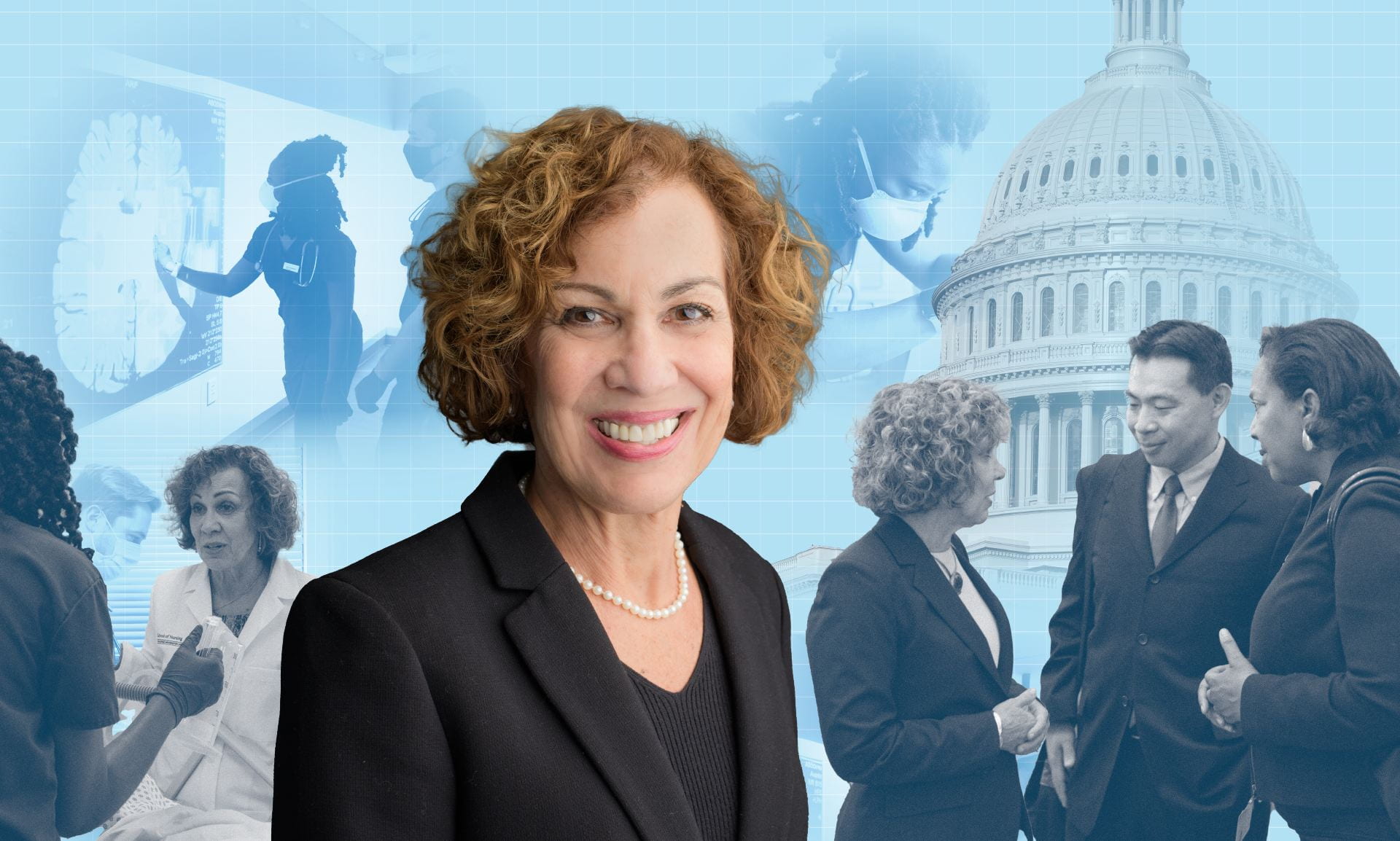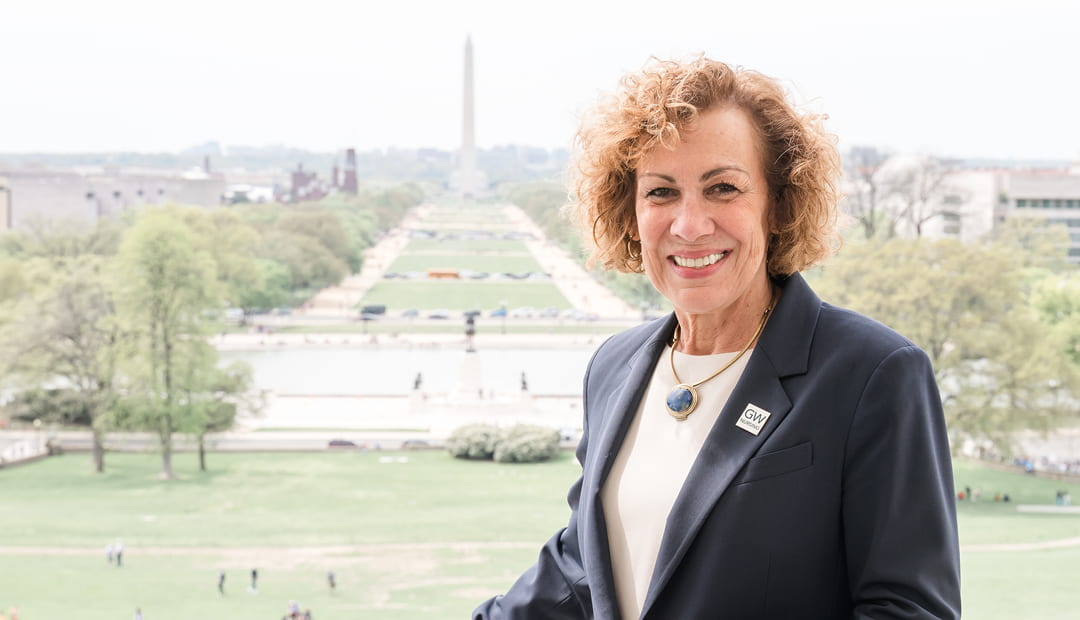AUTHOR PAMELA R. Jeffries
If you want things to change, start a conversation. Maybe we take that for granted here in the nation’s capital, surrounded by national organizations and agencies of health. When I walk out onto Pennsylvania Avenue, I often find myself tripping on one of the many soapboxes throughout the city. Every once in a while, however, you fall into an important conversation at the intersection of education and policy.
This happened over the winter to me when my colleagues and I began a vital conversation about the state of simulation in nursing education and its future. As educators, we know that incorporating simulation into the nursing curriculum instills confidence in students, allows immersion in their scope of practice, all in a safe, nonthreatening environment, and ultimately produces high-quality providers.
While the literature points to clear benefits and outcomes of simulation at the undergraduate level, the body of evidence is lacking at the advanced practice nursing level. Given the scope of practice nurse practitioners have in each state, the use of simulation in instruction is as much a question of policy as it is education. In this issue of GW Nursing, we offer an invitation to our colleagues to engage in a national dialogue in order to discuss the clinical education challenges and to call for a strong body of research through multisite studies that will lead to the evidence and establishment of best practices for simulation in graduate nursing education.
Like most great things, we can’t do it alone. Partnering with national nursing organizations is key to this discussion. We are fortunate to have several GW faculty on nursing boards, including Sigma Theta Tau International President-Elect Richard Ricciardi who writes on their importance to your career and the profession in this Spring 2019 issue of our GW Nursing Magazine.
If you are looking for more conversations, I encourage you to learn more about our Health Policy Leadership Lecture Series to discover how you can get involved in health care policy. No matter what your daily journey entails, I encourage you to get out and occasionally trip on a soapbox. Sometimes the first step in creating change is to stumble into a conversation.

